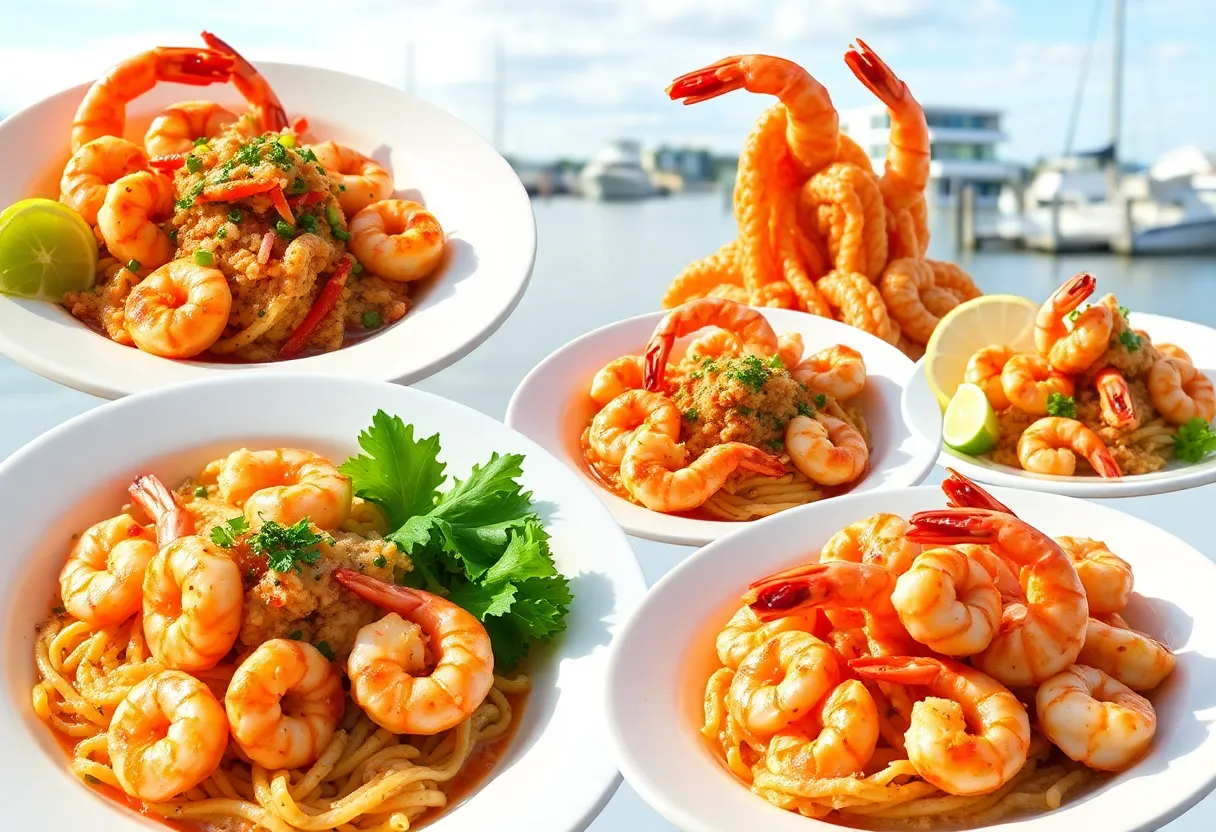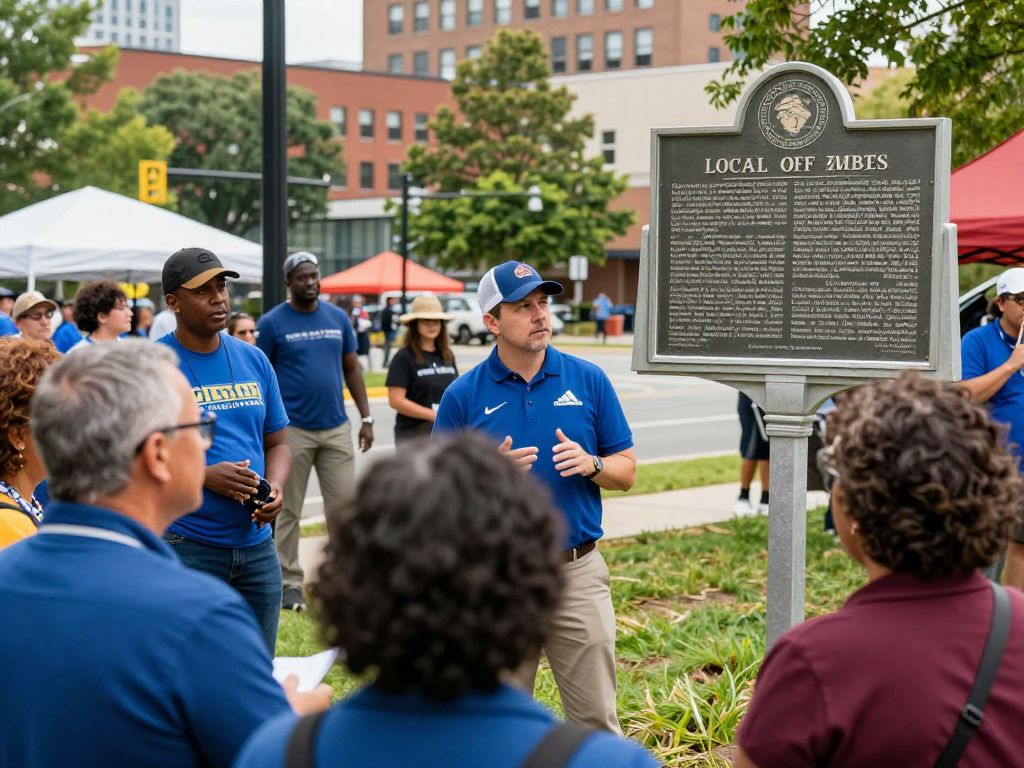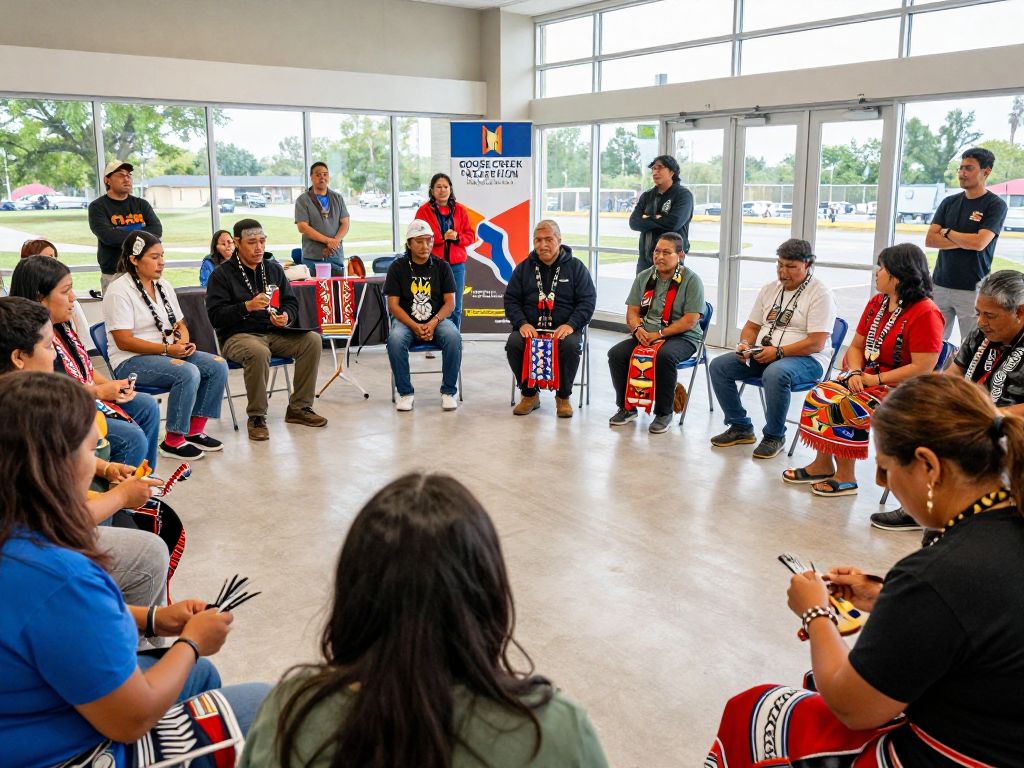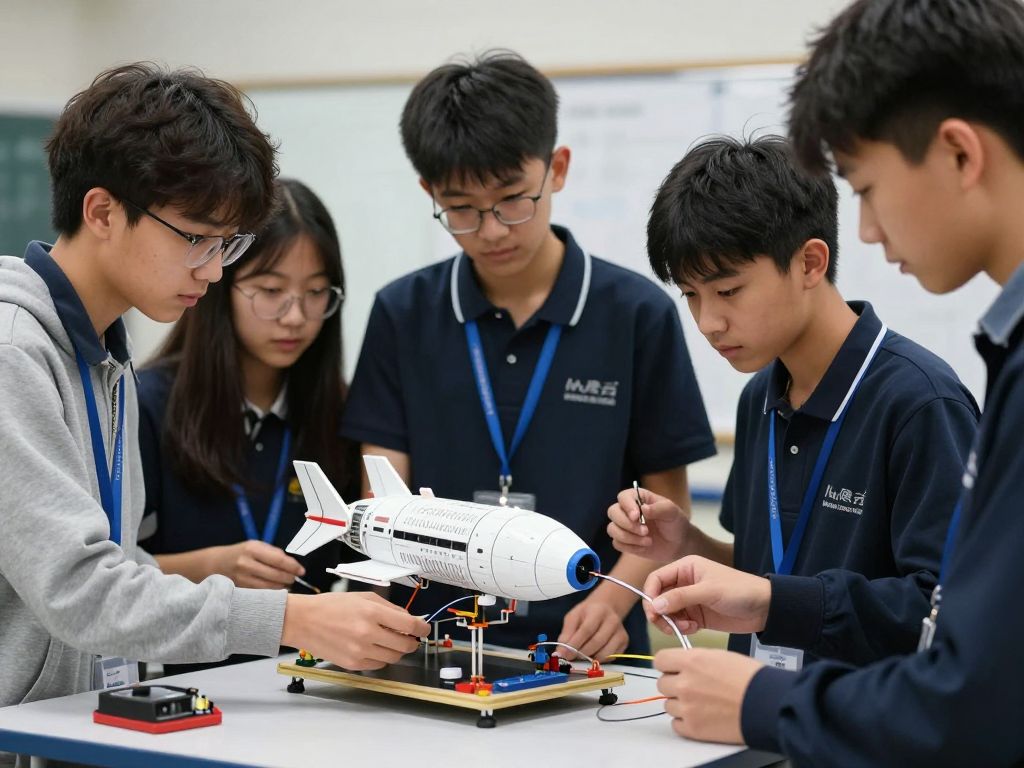News Summary
A recent study found that about 90% of shrimp dishes at 44 restaurants in Charleston misled customers about their sourcing. Conducted by SeaD Consulting and the Southern Shrimp Alliance, the investigation revealed only four restaurants serve authentic wild-caught South Carolina shrimp. The results raise serious concerns regarding seafood integrity and the impact on local shrimpers, prompting calls for increased transparency and accountability in shrimp sourcing practices.
Charleston – An alarming investigation has revealed that approximately 90% of shrimp dishes sold at 44 restaurants in Charleston are misleading customers regarding their sourcing. This comprehensive study, conducted by SeaD Consulting in association with the Southern Shrimp Alliance, has raised important questions about the integrity of seafood served in local establishments.
The investigation took place from May 19 to May 22, 2025, during which genetic testing methods were employed to verify the origins of the shrimp served. The findings indicate that only four restaurants in the Charleston area are serving genuine wild-caught South Carolina shrimp. These establishments are Rappahannock Oyster Bar, Acme Lowcountry Kitchen, Grace & Grit, and Coosaw Crab Shack. In contrast, 40 restaurants have been accused of inconsistencies in their branding and menu descriptions, with 25 of those being classified as “outright fraudulent” for claiming to offer local shrimp while actually serving inferior imported varieties.
These revelations have serious implications for local shrimpers, who contend that such consumer deception not only undermines their livelihoods but also impacts the broader local economy. Erin Williams, the founder and COO of SeaD Consulting, highlights that the findings reveal the destructive consequences of shrimp fraud on both the economy and the culinary culture of the region.
The study has prompted the Southern Shrimp Alliance to advocate for increased transparency and accountability in shrimp sourcing practices among local restaurants. Following the completion of the investigation, letters will be dispatched to the implicated establishments, urging them to either transition to local shrimp or provide clearer descriptions on their menus regarding shrimp sourcing.
Interestingly, the data from the investigation indicates that restaurants utilizing fishing-related imagery or promoting ‘fresh seafood’ were disproportionately represented among those found to be misleading consumers. This highlights a potentially intentional strategy to mislead patrons regarding the source of their products.
This investigation is part of a more extensive eight-state probe into shrimp sourcing, which has shown considerable disparities in the authenticity of shrimp based on local regulations. In states such as Louisiana, where stricter seafood labeling laws are enforced, lower rates of shrimp inauthenticity have been documented. This contrasts sharply with South Carolina, where the lack of stringent regulations has allowed for widespread deception regarding seafood sourcing.
The results of this inquiry not only shed light on issues surrounding shrimp sourcing but also prompt a broader conversation regarding seafood labeling laws. Given the vital role shrimp plays in Charleston’s economy and culinary identity, these findings are likely to instigate calls for legislative changes to improve the transparency of seafood sourcing practices throughout the state.
As this situation unfolds, the emphasis on accountability and consumer awareness remains crucial. Modern diners—not only in Charleston but around the country—are increasingly concerned about the origins of their food. The implications of this study may lead to significant changes in the way restaurants communicate the sourcing of their shrimp and other seafood items, ultimately benefiting both local producers and informed consumers.
Deeper Dive: News & Info About This Topic
HERE Resources
90% of Restaurants in Charleston Sell Imported Shrimp
South Carolina Shrimp Industry Sees New Hope with Tariffs
South Carolina Shrimper Celebrates Tariffs as a Boon for the Fishing Industry
Additional Resources

Author: STAFF HERE CHARLESTON
The CHARLESTON STAFF WRITER represents the experienced team at HEREcharleston.com, your go-to source for actionable local news and information in Charleston, Charleston County, and beyond. Specializing in "news you can use," we cover essential topics like product reviews for personal and business needs, local business directories, politics, real estate trends, neighborhood insights, and state news affecting the area—with deep expertise drawn from years of dedicated reporting and strong community input, including local press releases and business updates. We deliver top reporting on high-value events such as the Spoleto Festival USA, Charleston Wine + Food Festival, and the MOJA Festival. Our coverage extends to key organizations like the Charleston Metro Chamber of Commerce and the Charleston Museum, plus leading businesses in tourism and maritime industries that power the local economy such as South Carolina Ports Authority and the Charleston Visitor Center. As part of the broader HERE network, including HEREaiken.com, HEREbeaufort.com, HEREchapin.com, HEREcharleston.com, HEREclinton.com, HEREcolumbia.com, HEREgeorgetown.com, HEREgreenwood.com, HEREgreenville.com, HEREhiltonhead.com, HEREirmo.com, HEREmyrtlebeach.com, HEREnewberry.com, HERErockhill.com, HEREspartanburg.com, HEREaustin.com, HEREcollegestation.com, HEREdallas.com, HEREhouston.com, and HEREsanantonio.com, we provide comprehensive, credible insights into South Carolina's dynamic landscape.





